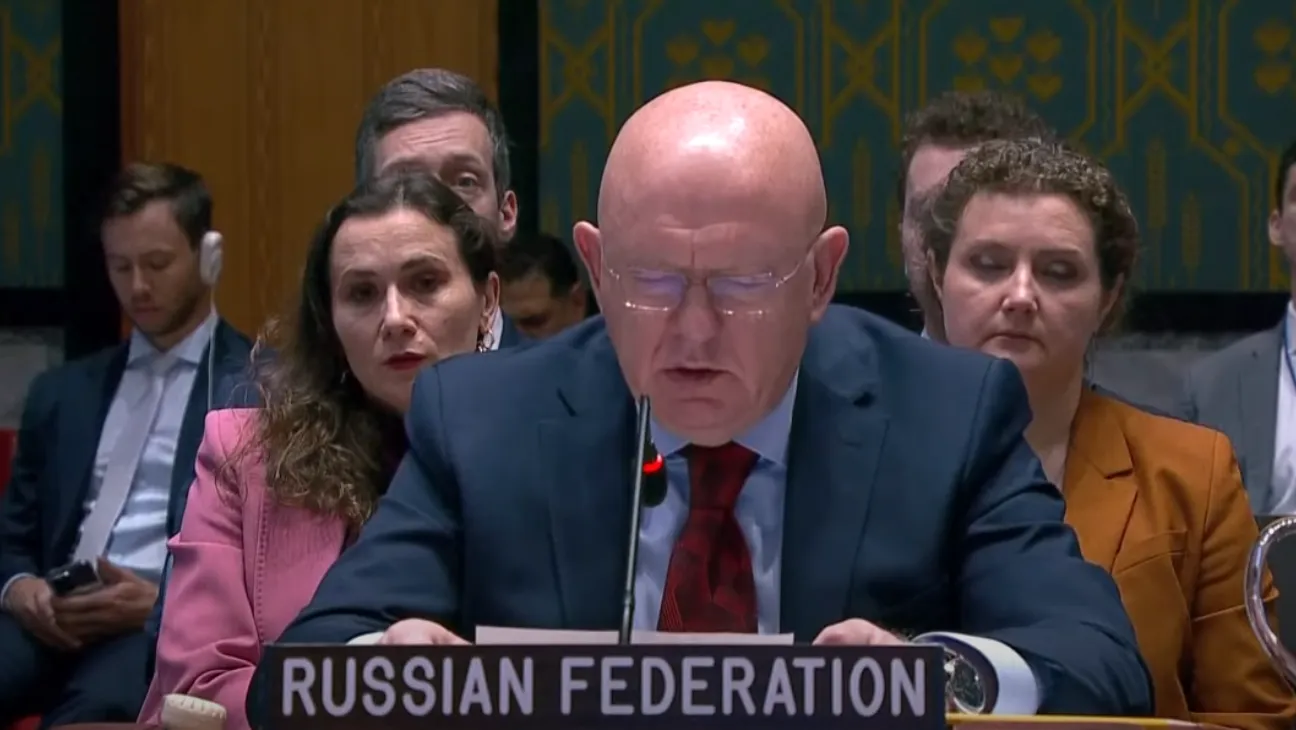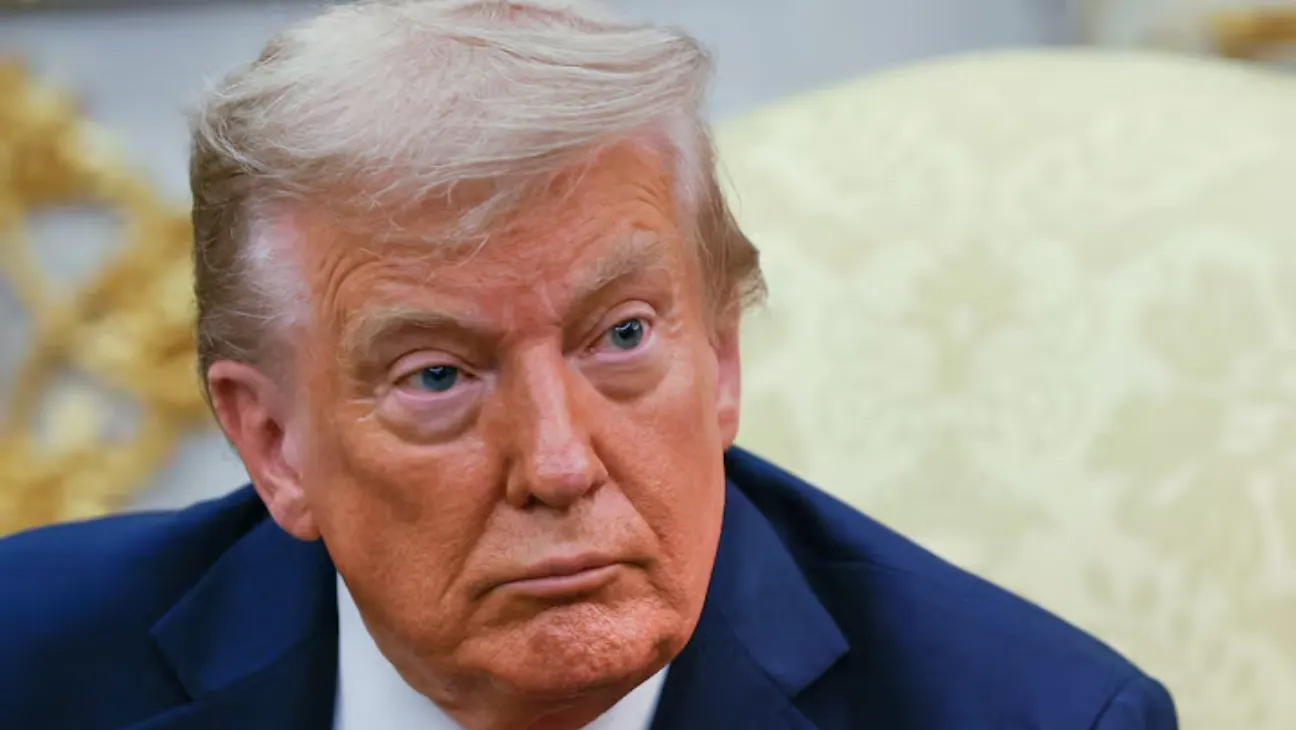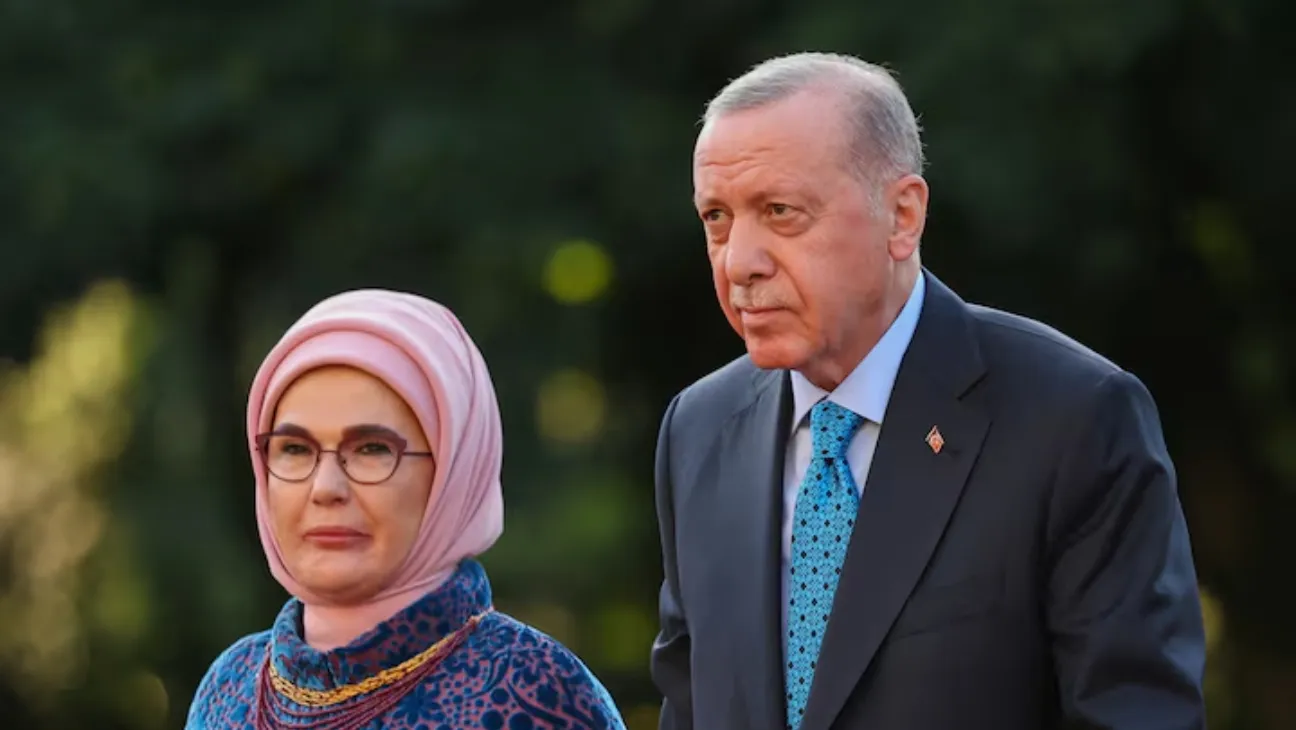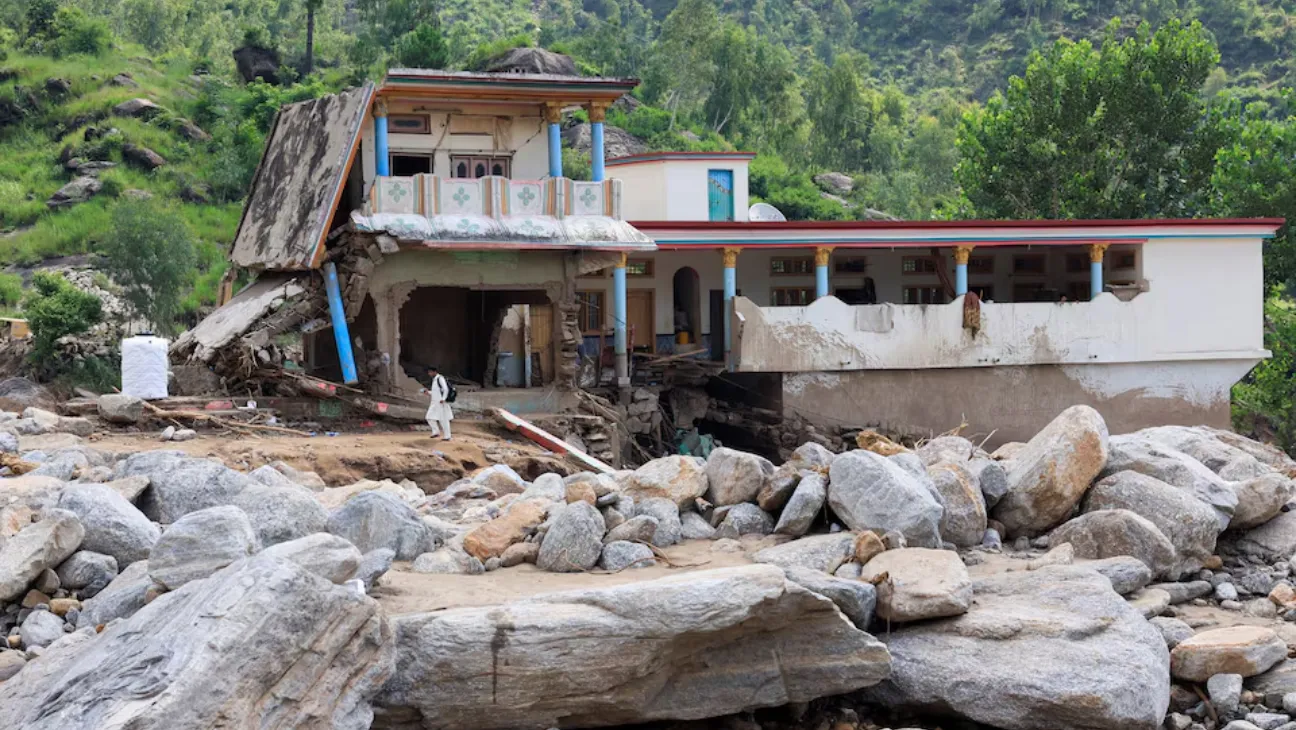Tensions flared at the United Nations on Friday as Russia’s UN Ambassador Vassily Nebenzia unleashed a sharp rebuke against Israel, calling its recent attacks on Iran not just reckless—but criminal.
“Genocide,” he said. “A clear violation of the UN Charter.” He didn’t hold back.
Speaking at an emergency Security Council session, Nebenzia accused Israel of dragging the Middle East closer to a full-blown regional war. And he didn’t stop with Israel. He turned the heat on the West too—blaming the U.S., the U.K., France, and Germany for standing behind what he described as an unprovoked assault.
One line stood out. He quoted German Chancellor Friedrich Merz, who had reportedly said Israel was “doing the dirty work for us.”
That, Nebenzia argued, wasn’t just cynical. It was dangerous.
A Week of Fire
Just days before the meeting, Israeli airstrikes shook multiple Iranian cities—Tehran among them. Blasts lit up the night, sending civilians rushing for safety. Flights were grounded. People got stuck—some foreign nationals among them—with no way out.
Iran’s nuclear sites were hit too. And that’s where things get more serious.
Russia says the attacks targeted facilities under the direct watch of the International Atomic Energy Agency (IAEA). These aren’t secret bunkers. Inspectors visit them. Reports are filed. And according to Nebenzia, there’s been no sign—none—that Iran is building nuclear weapons. But Israel struck anyway.
“We’ve Seen This Before”
Nebenzia reminded everyone of something uncomfortable. The Iraq war. In 2003, the U.S. said Iraq had weapons of mass destruction. It didn’t. Millions suffered. Two decades later, Russia claims the same script is playing out again—this time with Iran.
“The same lies. The same playbook,” Nebenzia said.
He also suggested the timing wasn’t random. Iran and the U.S. were reportedly close to resuming negotiations. Then Israel launched the strikes. Coincidence? He doesn’t think so.
“It derailed diplomacy,” he said. “And it embarrassed Washington, which had been pushing for a peaceful deal.”
The Gaza Factor
Russia linked the attacks on Iran to what’s been happening in Gaza.
For months, aid groups and UN agencies have raised alarms over Gaza’s deepening crisis. Food and medical supplies have been blocked. Thousands are displaced. Israel’s military campaign there has been under scrutiny.
Nebenzia said Israel may be expanding the war in part to distract the world from what’s unfolding in Gaza and the West Bank.
“Instead of stopping, they raised the stakes,” he said. “Now Iran is in the crosshairs.”
A Warning to the West
The Russian envoy’s speech painted a picture of a region on the edge—and Western powers making it worse. He accused France, Germany, and others of pushing the IAEA to issue vague reports on Iran, then using those reports to justify aggression.
That pressure, he argued, makes those countries more than bystanders. It makes them complicit.
He called out the hypocrisy too. “If anyone else did what Israel just did, the outcry would be deafening,” he said.
A Call to Stop
Nebenzia called for a halt to Israeli strikes—especially on nuclear sites. He said IAEA inspectors were put in danger. Some, he claimed, were close to being hurt.
Iran, according to Russia, has said it’s still willing to talk. But only if the attacks stop. Russia backs that. “Diplomacy is still possible,” Nebenzia said.
What’s Next?
At this point, no formal resolution has been passed. And don’t expect one soon. The Security Council is divided. The U.S. and its allies still back Israel, at least publicly. Russia and China want an immediate ceasefire.
So far, most world leaders are silent on the fallout. But behind closed doors, the fear is growing.
A strike on a nuclear site. Civilian casualties. A stalled peace process. And now, growing calls for countries not directly involved to pick sides.
The worst part? No one seems sure what happens next.
But everyone agrees on this: If diplomacy fails, the cost could be far greater than what we’ve seen so far.









